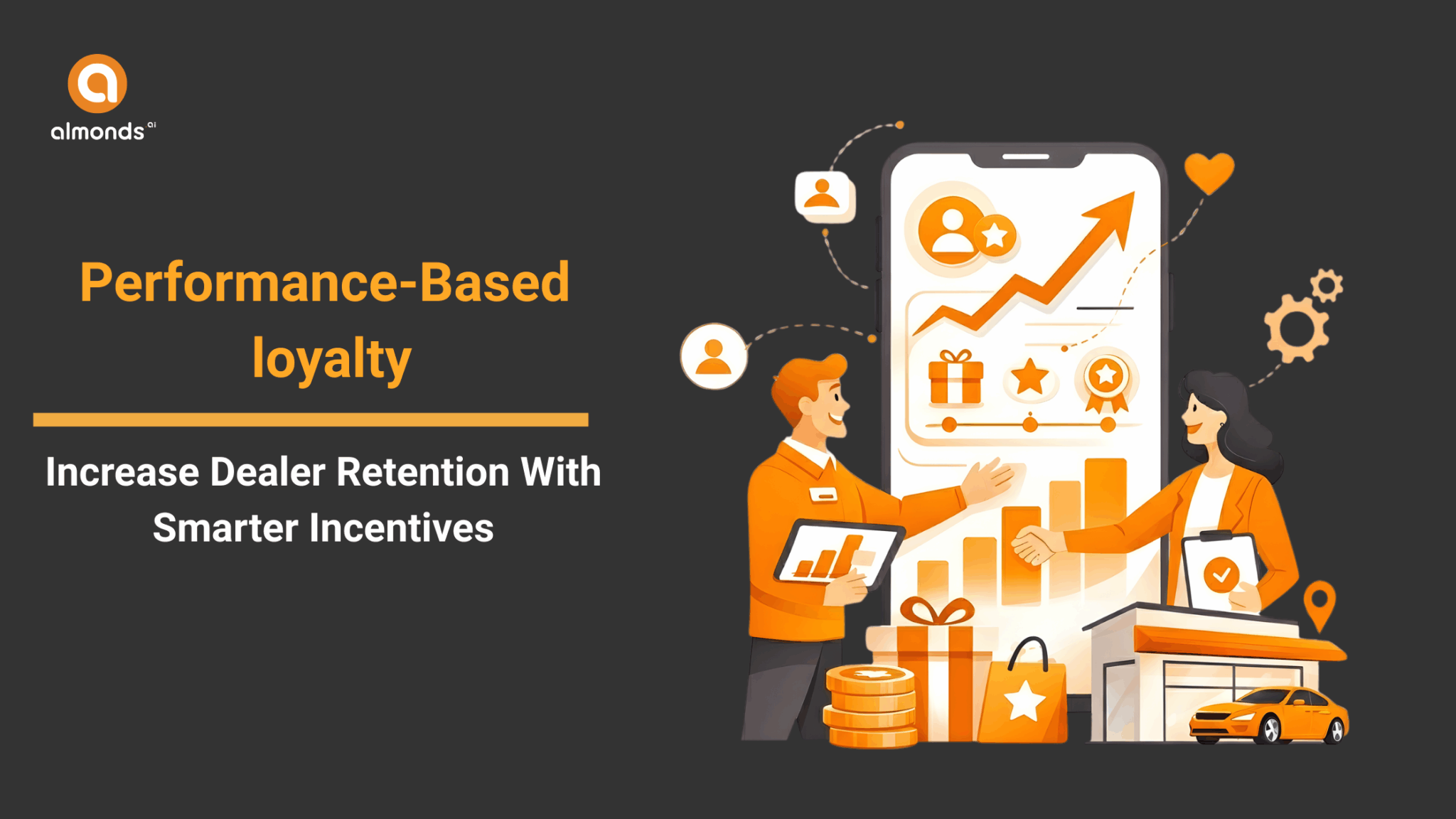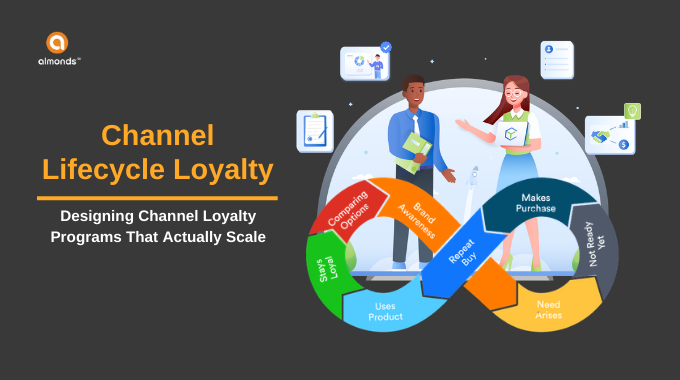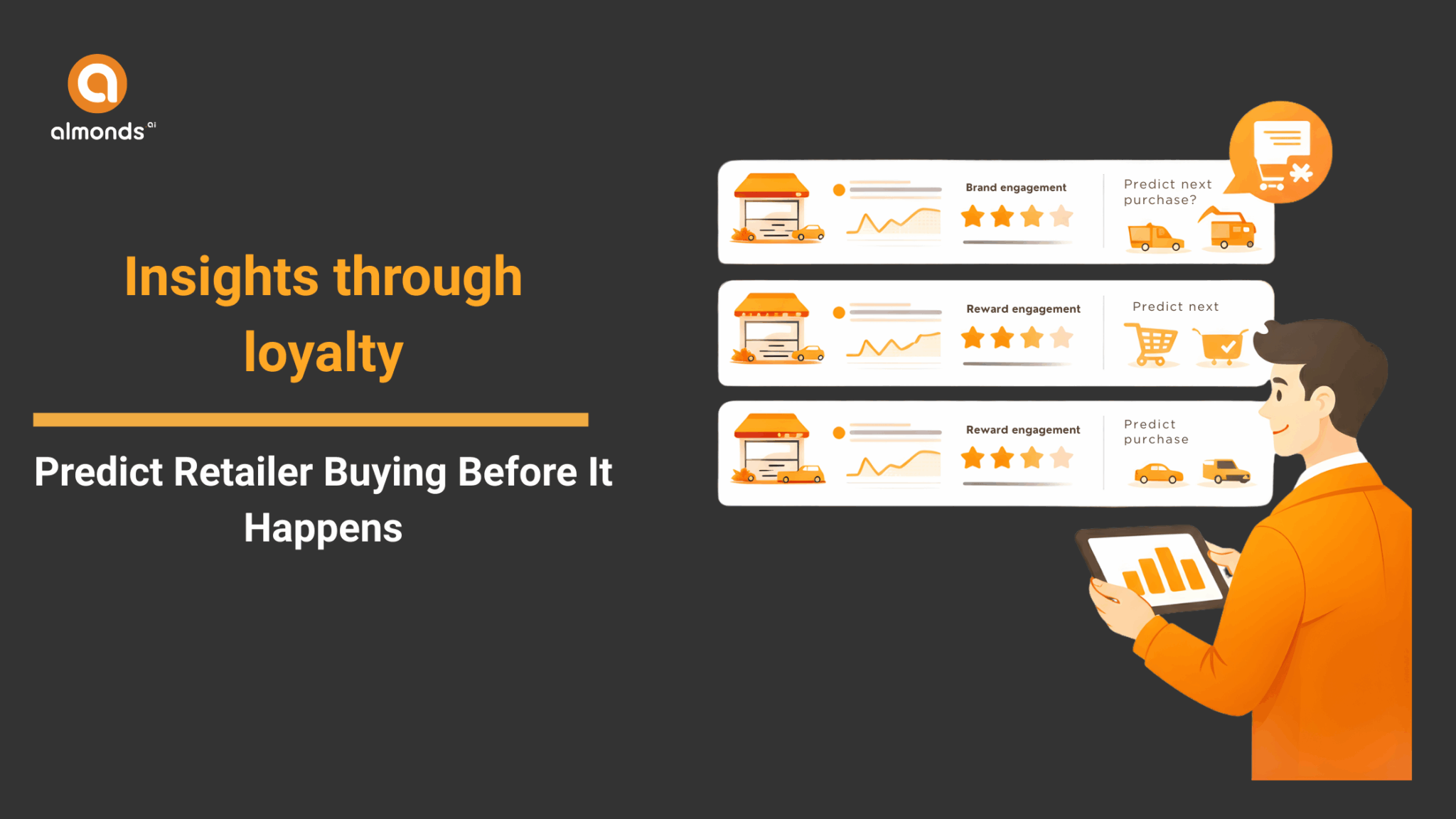Supermarket loyalty programs have become a cornerstone of consumer engagement, tempting customers with the allure of discounts and rewards. However, a closer look reveals a more intricate dynamic. These programs involve a delicate balance between providing tangible benefits to consumers and effectively leveraging the data collected. For businesses operating B2B loyalty platforms in India, a deep understanding of this interplay is essential. By dissecting the components of successful supermarket loyalty programs, these platforms can develop strategies that not only attract customers but also build trust and deliver genuine value, ultimately positioning themselves as indispensable partners in the loyalty ecosystem.
How Supermarket Loyalty Programs Work
Supermarket loyalty programs collect data on customer purchasing behaviors in exchange for discounts and rewards. While this seems like a win-win scenario, the real value often lies in the data these programs gather. To deliver highly personalized and targeted experiences, B2B loyalty rewards platforms must effectively leverage data to deepen customer engagement and foster stronger relationships.
- Data Collection: When customers swipe their loyalty program cards at the checkout, supermarkets gather detailed information about their purchasing habits, preferences, and patterns. This data allows retailers to tailor marketing efforts and create personalized offers that resonate with individual consumers.
- Perceived Savings: While customers perceive these programs as a means to save money, the discounts offered are often a small price to pay for the wealth of data collected. For channel loyalty programs, offering perceived value can drive customer participation and engagement.
The Illusion of Savings
Supermarket loyalty programs promise savings, but beneath the surface, they serve as sophisticated data mining schemes. The allure of discounts entices consumers to sign up, creating a perception of value and savings. However, these programs are primarily designed to gather valuable consumer data. Loyalty program platforms can learn from this model by understanding how data collection provides insights into customer behavior and preferences, even as they offer perceived discounts.
- Consumer Perception: Customers often believe they are receiving significant savings through loyalty programs. However, the real value lies in the data collected, which businesses use to tailor marketing efforts and enhance customer engagement.
- Data-Driven Decisions: By analyzing purchase patterns, businesses can identify trends and preferences, allowing them to optimize inventory, plan promotions, and improve product offerings. For loyalty programs, this data-driven approach enables more precise targeting and personalized rewards that resonate with customers.
Data Harvesting and Privacy Concerns in Loyalty Programs
While the data collected through supermarket loyalty programs is valuable for creating targeted marketing campaigns, it also raises privacy concerns. As companies compile detailed consumer profiles, questions about data ethics and security become increasingly important. For loyalty platforms, addressing these concerns is crucial for building trust and maintaining customer loyalty.
- Consumer Trust: Maintaining consumer trust is essential for the success of loyalty programs. loyalty platforms must prioritize data security and ensure that customers are aware of how their data is used.
- Ethical Considerations: Businesses should establish clear policies on data collection and usage, providing customers with options to opt out if they feel uncomfortable. By fostering a transparent and ethical approach, these programs can build trust and strengthen customer relationships.
Targeted Marketing and Consumer Manipulation
The data collected through supermarket loyalty programs enables retailers to create highly targeted marketing campaigns. Loyalty rewards programs can leverage these insights to personalize marketing efforts, increasing consumer spending and enhancing brand loyalty.
However, there is a fine line between personalization and manipulation. Understanding consumer behavior allows retailers to strategically place products and design store layouts that encourage impulse buys. B2B channel marketing can benefit from this approach by crafting campaigns that resonate with specific customer segments, driving engagement and sales.
- Personalized Offers: By analyzing purchase data, businesses can tailor offers to individual customers, increasing the likelihood of repeat purchases. This personalization fosters a sense of exclusivity and value, enhancing customer loyalty.
- Marketing Effectiveness: Targeted marketing campaigns are more effective in reaching the right audience, resulting in higher conversion rates and increased sales. Loyalty programs can optimize marketing strategies by leveraging data insights to identify key customer segments and deliver relevant offers.
Security Risks and Data Selling
The data collected from supermarket loyalty programs is not only used in-house but is often sold to third parties. For loyalty programs, this highlights the importance of safeguarding customer information to prevent data breaches and maintain trust.
The Identity Theft Resource Center reported significant data breaches, emphasizing the need for robust security measures in loyalty rewards management. Loyalty platforms must prioritize security to protect sensitive information and uphold consumer confidence.
- Data Breaches: The risk of data breaches is a major concern for businesses and consumers alike. Channel loyalty programs must implement strong security protocols to protect customer data from unauthorized access.
- Third-Party Data Sharing: Businesses should be transparent about data-sharing practices and obtain customer consent before sharing information with third parties. By maintaining control over data usage, These programs can mitigate security risks and enhance consumer trust.
The Future of Loyalty Programs
As technology evolves, the landscape of loyalty programs is set to change dramatically. For Loyalty program platforms, staying ahead of emerging trends and technologies is essential for maintaining a competitive edge and delivering value to customers.
- Integration of AI and Analytics: Advanced analytics and artificial intelligence (AI) are transforming how businesses understand and engage with customers. By leveraging AI, loyalty programs can gain deeper insights into customer behavior, enabling more personalized and effective marketing strategies.
- Biometric Data and Personalization: The integration of biometric data and advanced AI algorithms promises even more personalized shopping experiences. However, this also raises further ethical and privacy concerns that will need to be addressed.
- Balancing Benefits and Privacy: The future of loyalty programs lies in balancing the benefits of personalization with the need to protect consumer privacy. By fostering a transparent and ethical approach to data usage, loyalty programs can build trust and enhance customer engagement.
Striking a Balance
The key to successful loyalty programs lies in striking a balance between delivering value to customers and maintaining ethical data practices. By understanding the data mining schemes behind the discounts, businesses can make more informed choices and protect personal information.
For loyalty program platforms, maintaining transparency and providing customers with options to opt out if they feel uncomfortable with data collection is crucial. By fostering an environment of trust and ethical data usage, businesses can enhance B2B customer engagement and build lasting loyalty.
Conclusion
Loyalty programs offer significant potential for enhancing customer engagement and driving brand loyalty. For loyalty rewards platforms in India, understanding the complexities of data utilization and privacy concerns is essential for creating effective and ethical loyalty strategies. By leveraging insights from consumer behavior and maintaining transparency, businesses can build stronger connections with their customers and foster long-term loyalty.
Discover how Almonds Ai can help your business implement effective and ethical loyalty programs. Book a demo today to explore our comprehensive solutions and start transforming your customer engagement approach.







